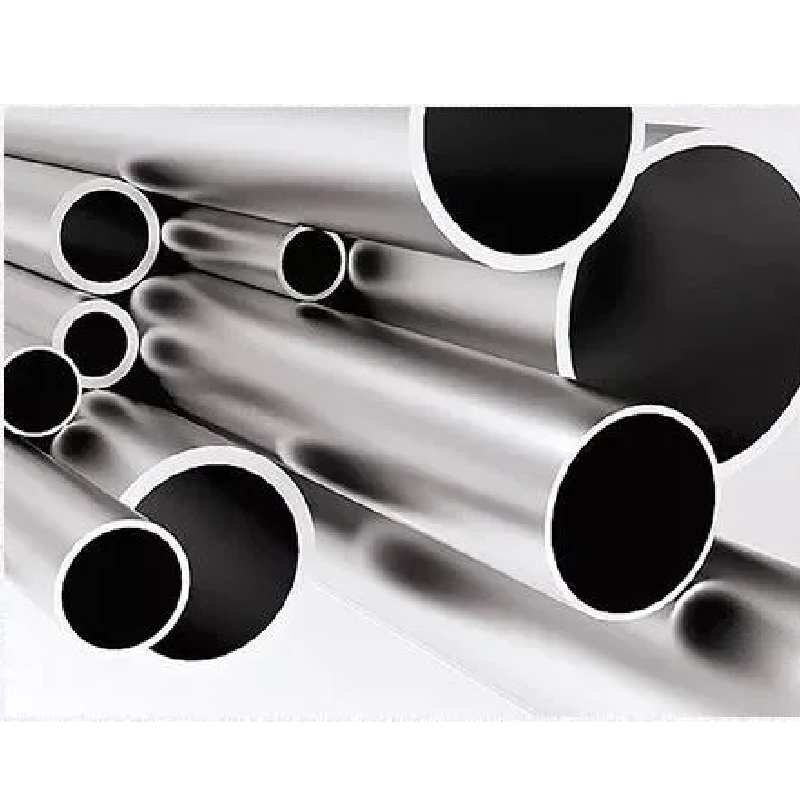-
Cangzhou Yulong Steel Co., Ltd.
-
Phone:
+86 13303177267 -
Email:
admin@ylsteelfittings.com
- English
- Arabic
- Italian
- Spanish
- Portuguese
- German
- kazakh
- Persian
- Greek
- French
- Russian
- Polish
- Thai
- Indonesian
- Vietnamese
- Zulu
- Korean
- Uzbek
- Hindi
- Serbian
- Malay
- Ukrainian
- Gujarati
- Haitian Creole
- hausa
- hawaiian
- Hebrew
- Miao
- Hungarian
- Icelandic
- igbo
- irish
- Japanese
- Javanese
- Kannada
- Khmer
- Rwandese
- Afrikaans
- Albanian
- Amharic
- Armenian
- Azerbaijani
- Basque
- Belarusian
- Bengali
- Bosnian
- Bulgarian
- Catalan
- Cebuano
- China
- China (Taiwan)
- Corsican
- Croatian
- Czech
- Danish
- Esperanto
- Estonian
- Finnish
- Frisian
- Galician
- Georgian
- Kurdish
- Kyrgyz
- Lao
- Latin
- Latvian
- Lithuanian
- Luxembourgish
- Macedonian
- Malgashi
- Malayalam
- Maltese
- Maori
- Marathi
- Mongolian
- Myanmar
- Nepali
- Norwegian
- Norwegian
- Occitan
- Pashto
- Dutch
- Punjabi
- Romanian
- Samoan
- Scottish Gaelic
- Sesotho
- Shona
- Sindhi
- Sinhala
- Slovak
- Slovenian
- Somali
- Sundanese
- Swahili
- Swedish
- Tagalog
- Tajik
- Tamil
- Tatar
- Telugu
- Turkish
- Turkmen
- Urdu
- Uighur
- Welsh
- Bantu
- Yiddish
- Yoruba

Oct . 16, 2024 21:47 Back to list
api 5l psl2 pipe
Understanding API 5L PSL2 Pipe Specifications and Applications
API 5L PSL2 pipes are a significant component in the oil and gas industry, providing essential solutions for transporting oil, natural gas, and other fluids. The API 5L standard, developed by the American Petroleum Institute, outlines the specifications for line pipes used in pipeline transportation systems across various industries. The PSL stands for Product Specification Level, which highlights the requirements for different grades and types of pipe.
Specifications of API 5L PSL2 Pipes
API 5L PSL2 pipes are designed to accommodate various environmental conditions and operational requirements. They are categorized into different grades, primarily based on yield strength, tensile strength, and composition. The most common grades include X42, X46, X52, X56, X60, X65, and X70. Each grade has specific mechanical properties, allowing for the selection of the appropriate pipe for the intended application.
The PSL2 designation indicates a higher quality standard than PSL1, encompassing a broader range of testing and quality assurance measures. PSL2 pipes must undergo stricter requirements in terms of chemical composition, mechanical properties, and non-destructive testing (NDT) procedures. This makes PSL2 pipes more suitable for critical applications where performance and integrity are paramount.
The pipes are typically manufactured using either a seamless or a welded process. Seamless pipes are created from solid round billets and drawn to size, while welded pipes are made by rolling and welding flat plates into cylindrical shapes. Each manufacturing method has its advantages, with seamless pipes generally offering better pressure resistance and welded pipes providing more economical production options.
api 5l psl2 pipe

Applications of API 5L PSL2 Pipes
The versatility of API 5L PSL2 pipes allows them to be utilized in a wide range of applications. Primarily, they are used in the oil and gas sector for transporting hydrocarbons from extraction sites to processing facilities. Due to their robustness, they can withstand high pressures and extreme temperatures, making them ideal for both onshore and offshore pipelines.
In addition to oil and gas applications, API 5L PSL2 pipes are also found in water transportation systems and in the construction of industrial plants. Their ability to resist corrosion and other environmental impacts enhances their longevity and reliability in various settings. Industries such as mining, chemical processing, and power generation frequently incorporate these pipes into their infrastructure.
Conclusion
In summary, API 5L PSL2 pipes play a crucial role in the efficient transportation of fluids in various industries, particularly oil and gas. With their stringent specifications and manufacturing standards, they ensure not only high performance but also safety and reliability. Industries relying on these pipes benefit from their durability and adaptability, which are essential for meeting the demands of modern infrastructure.
The continued development of API 5L PSL2 pipes reflects advancements in manufacturing technologies and material science, enhancing their effectiveness in varied applications. As the need for reliable and efficient pipeline solutions grows, understanding the specifications and applications of API 5L PSL2 pipes becomes ever more critical for industry stakeholders.
Latest news
-
ANSI 150P SS304 SO FLANGE
NewsFeb.14,2025
-
ASTM A333GR6 STEEL PIPE
NewsJan.20,2025
-
ANSI B16.5 WELDING NECK FLANGE
NewsJan.15,2026
-
ANSI B16.5 SLIP-ON FLANGE
NewsApr.19,2024
-
SABS 1123 FLANGE
NewsJan.15,2025
-
DIN86044 PLATE FLANGE
NewsApr.19,2024
-
DIN2527 BLIND FLANGE
NewsApr.12,2024
-
JIS B2311 Butt-Welding Fittings LR/SR 45°/90° /180°Seamless/Weld
NewsApr.23,2024











